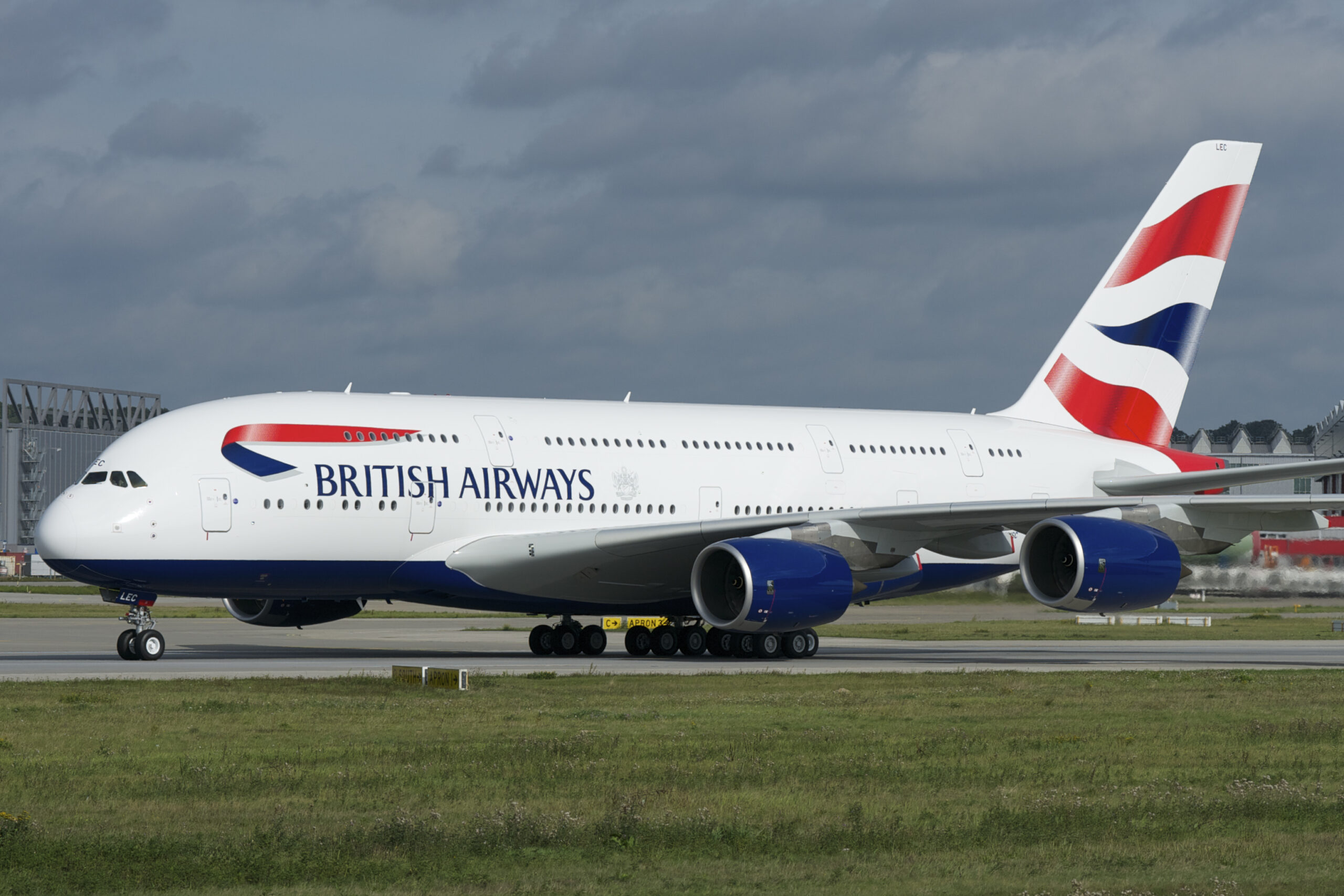Global air travel faced major disruptions after Iran launched a missile attack on a U.S. military base in Qatar on Sunday. The strike prompted several Middle Eastern nations—including Qatar, the United Arab Emirates, Iraq, Kuwait, and Bahrain—to temporarily close their airspace, leading to widespread flight cancellations and diversions.
Several international carriers—including Air India, Emirates, Qatar Airways, British Airways, and Singapore Airlines—suspended or rerouted flights through the region. More than 20 incoming flights to Doha were diverted, and at least four headed for Dubai returned to their origins. Flight tracking services reported over 250 cancellations and hundreds of delays at major hubs such as Doha’s Hamad International and Dubai International Airport.
Governments moved quickly to close their airspace as a safety precaution. While many of the restrictions were lifted within a day, airlines continued to avoid certain routes. Instead, they opted for safer paths over Egypt and Saudi Arabia to steer clear of conflict zones.
The sudden changes left thousands of passengers stranded. In Doha alone, more than 25,000 travelers were affected, with crowded terminals and extended delays. Congestion continued to ripple through the region as carriers worked to restore normal operations.
The rerouting has also created financial strain. Airlines are dealing with longer flight paths, increased fuel consumption, and logistical complications. These issues add to existing challenges from closed airspace over Ukraine and Russia, and industry experts warn that travelers may face higher fares as a result.
Airlines and regulators stressed that the flight changes were made out of caution. The aviation industry, still mindful of past tragedies like the 2014 downing of Malaysia Airlines Flight 17, is prioritizing safety by steering clear of active military zones.



